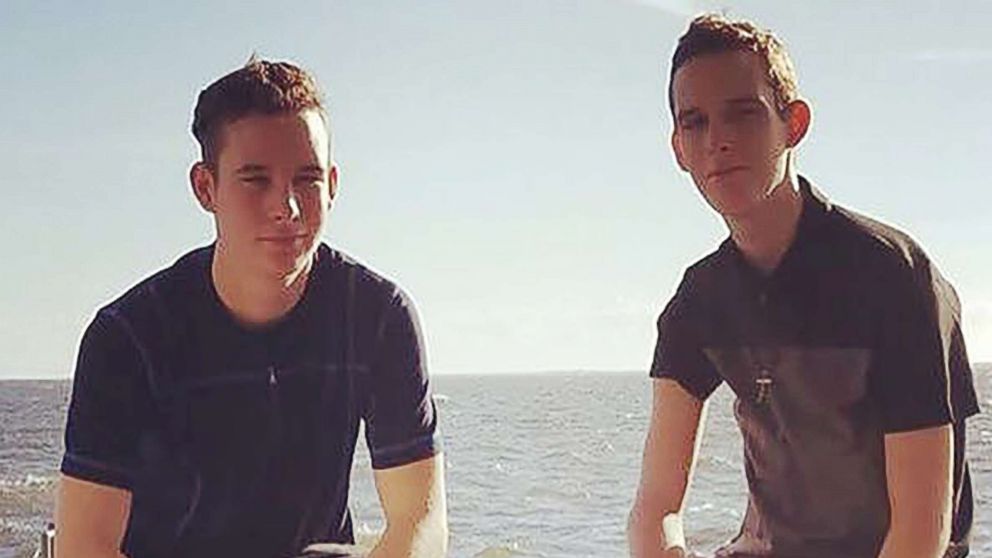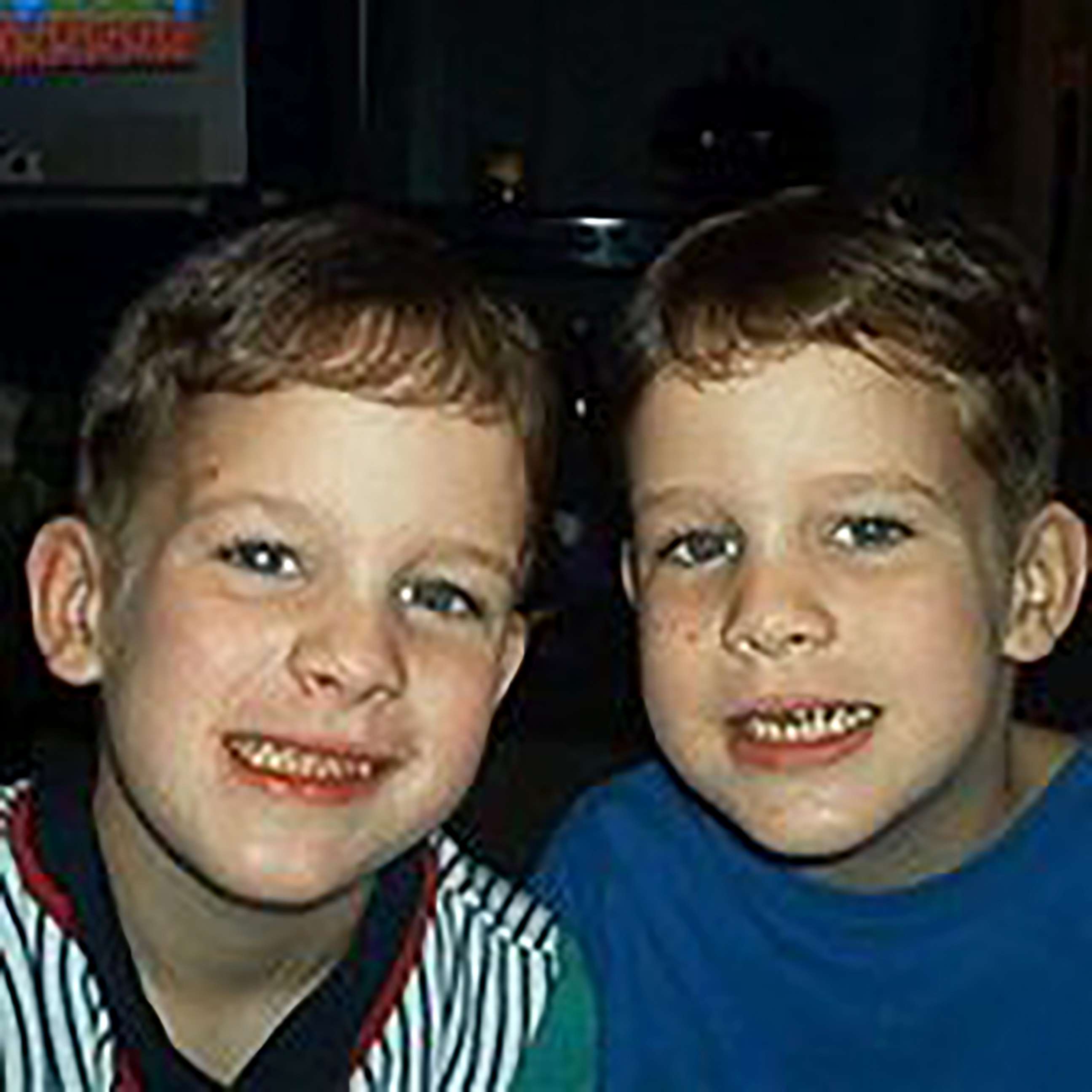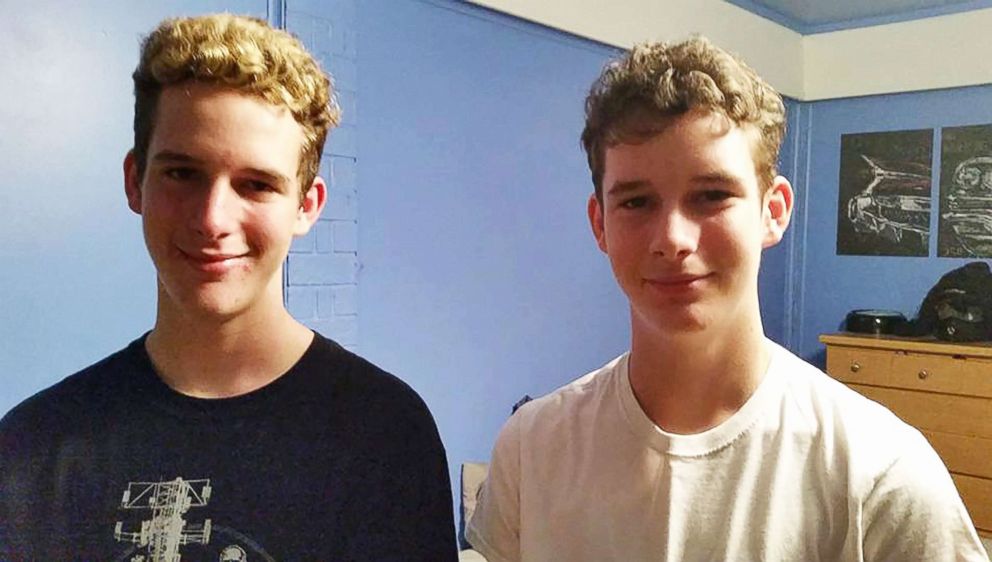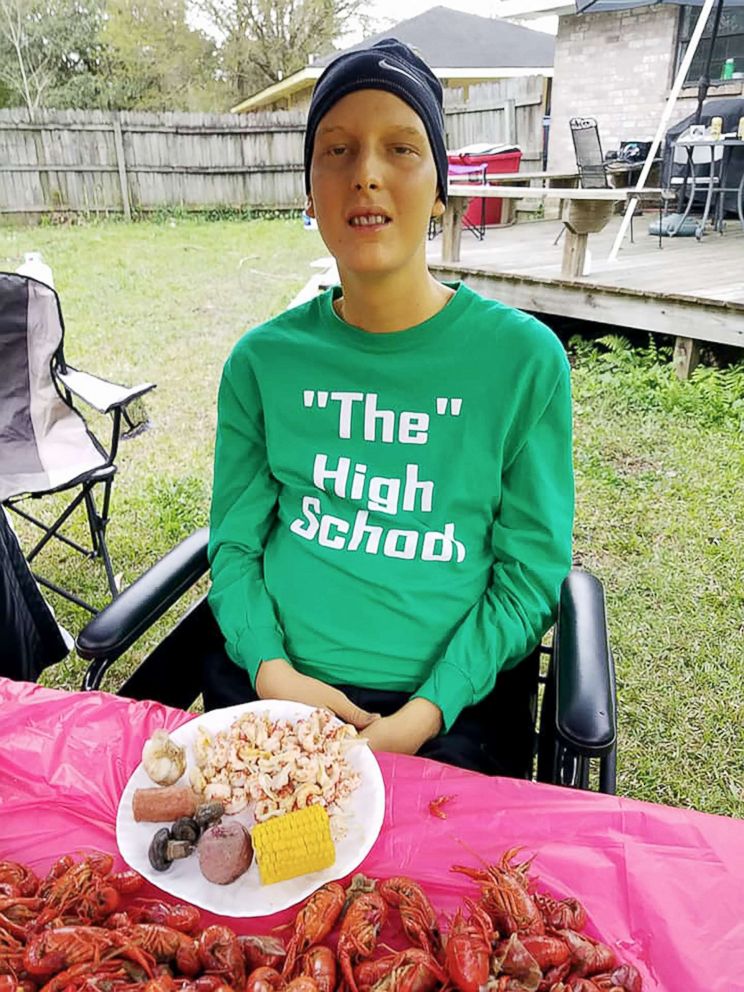Twins suffering from liver disease, transplant saves one but other dies
Devin and Nick Coats were both diagnosed with stage 4 cirrhosis of the liver.

Identical twin teenagers Devin and Nick Coats, described by their mother as "best friends," have now been separated forever. Both were diagnosed last year with the same severe liver disease and both needed transplants. Devin received a liver transplant in January, and he has “a new lease on life,” Margi Coats, his mother, told ABC News. He will graduate from high school in two months.
For Nick, a new liver came too late. On Tuesday, Margi posted the news of her son’s death on a Facebook page devoted to the brothers.
“As Nick now has a new life in heaven, he left behind his twin. Devin feels a deep loss... He will wake this morning and feel empty. He will look for Nick and the realization will hit him hard,” she wrote.

Margi blames this heart-rending outcome on the shortage of organ donors and available organs in the United States.
Early last year, Nick began suffering a severe burning sensation in his legs. Margi said she brushed it off as "growing pains." But the pain did not go away. Blood tests indicated deeper trouble and doctors recommended that Devin also get an evaluation, which resulted in an identical diagnosis for the identical twins: Stage 4 cirrhosis of the liver. The chronic liver disease usually results in liver failure and scarring where treatment can help but there's no cure and in some cases, as with the Coats twins, a liver transplant is necessary.
Both boys would become eligible for the transplant registry but not until their condition deteriorated enough to qualify for it. While they waited, according to their mom, Nick developed cancer that would eventually keep him from being able to receive a new liver.
In an interview with ABC News just before Nick died, Margi said, “When he got diagnosed with liver cirrhosis, at that time, if we had enough organs available across this country, none of this would have been an issue. Nicholas would not have developed cancer on his diseased liver.”

Indeed, organ donation does lag far behind the demand. Over 116,000 people in the U.S. are waiting for a life-saving organ transplant while an average of 20 people die each day waiting for a transplant, according to the United Network for Organ Sharing.
Devin managed to withstand the ravages of the disease long enough for an organ to become available. But, according to his mother, guilt and concern for his brother were also taking a toll. “When they called Devin in to have his liver transplant (in January), he didn’t want to have it done. He wanted his brother to go in for him,” she said.
But Nick was still undergoing cancer chemotherapy and could not endure a transplant. By late February, doctors believed the cancer was at bay and a liver became available. As surgeons prepared Nick for the transplant in late February, they discovered that the cancer had metastasized and a transplant would do no good.
Nick wanted to spend his last days at home, in his own room, according to Margi.
“I stayed awake holding his hand all night with my heart pounding waiting for him to take his last breath," she said of one of his last nights. "And I can tell you, it’s the most frightening thing in the world for a mother to lay in bed with her son, holding his hand, waiting for him to pass."

Devin, she said, faces a "big, big adjustment. Having a new lease on life and feeling good about that... but also fighting the guilt he has because he’s going to survive and he’s watch[ed] his brother here in the same house slowly fade away.”
She has channeled her own pain into a call for organ donation.
“This is ridiculous,” she said. “There [are] way too many people in this country for us to have a shortage of organs. When you go in the ground, you’re in the ground. Extend your loved one's life in somebody else.”
That was her last wish for Nick, as well. “I would love for Nick to be able to give up a part of himself to someone else," Margi said, "and know that he can continue living through someone else.”




